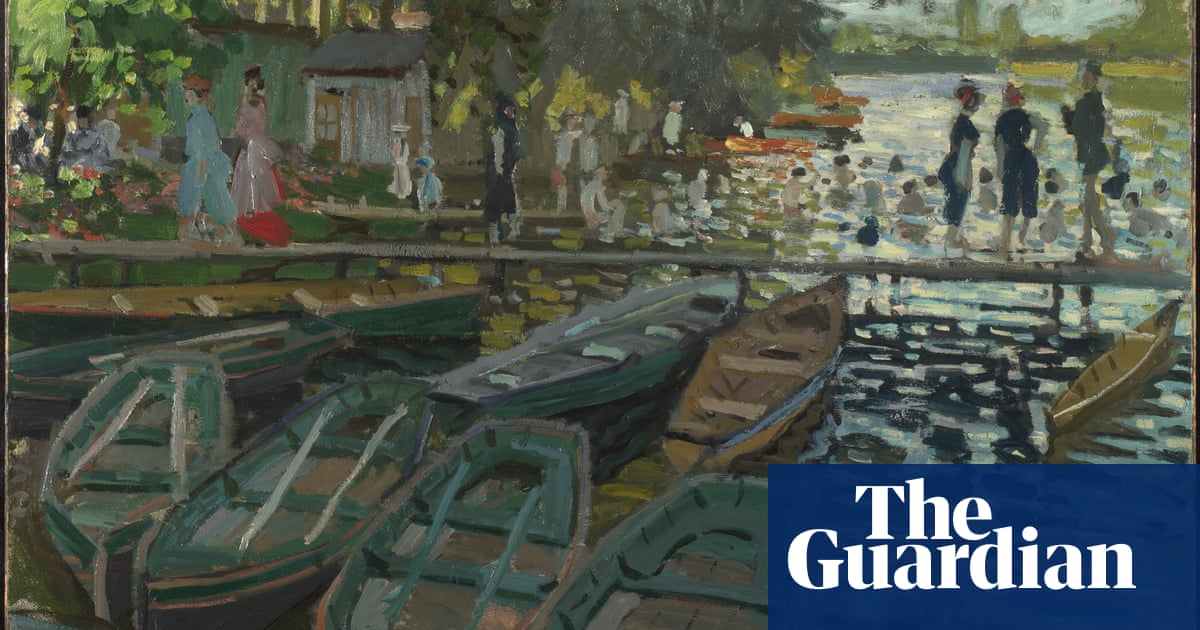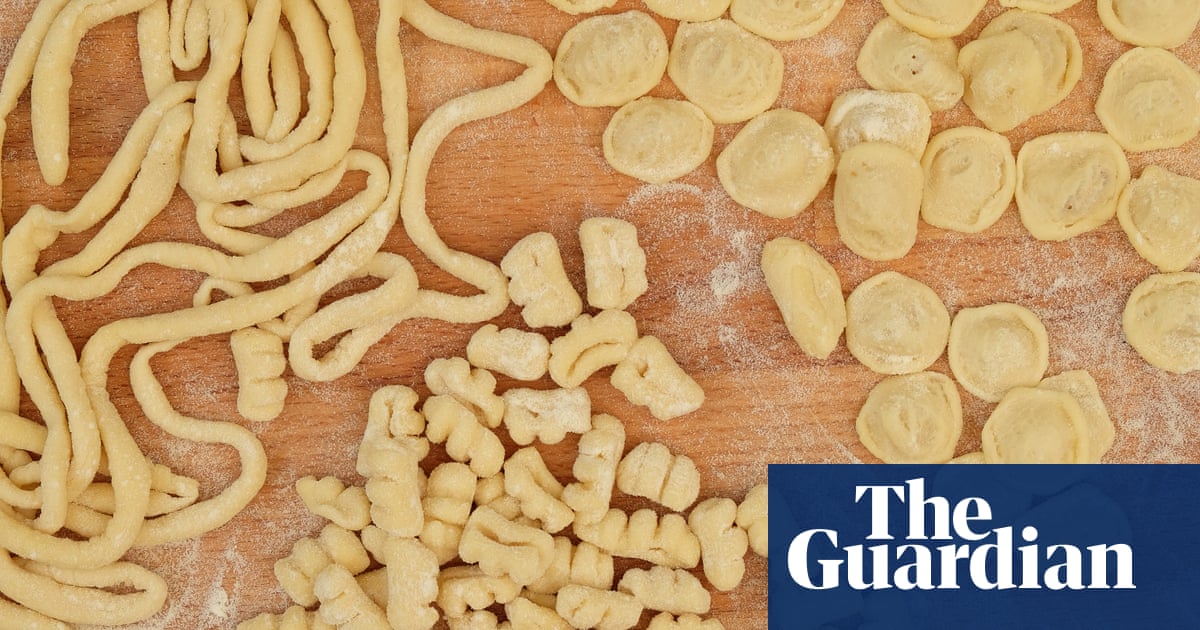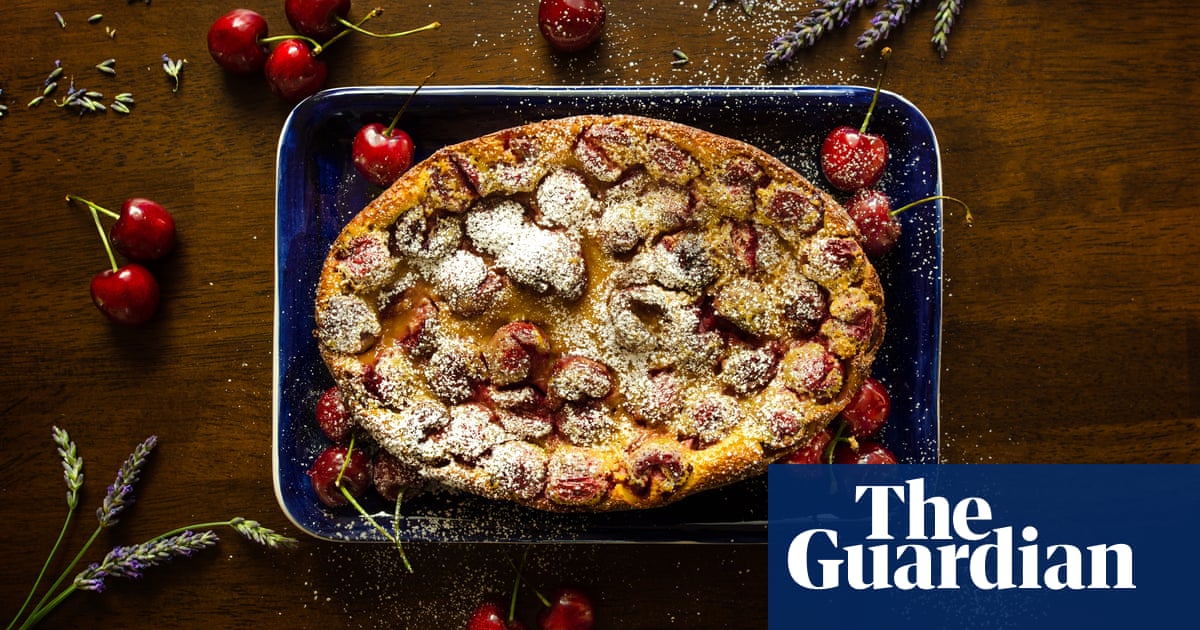
How often have you heard the expression “… is the great equaliser”? As in, “music is the great equaliser”, “education is the great equaliser”, and the ultimate – “death is the great equaliser”.
The point being that what exactly is “an equaliser” will depend entirely on the experience and personal opinion of the person you are talking to.
Some things that are “equalisers”, however, are undeniable.
Like cooking and gardening. An edible garden doesn’t care about who you are, or how many material possessions you have. It is mainly dependent on nature and skills, which we can always perfect through practice, reading and a few YouTube tutorials.
For all the anguish it is causing, the one clear benefit our global community has taken during the lockdown is a slower pace of life, and an appreciation for our immediate surroundings. Because, and not in spite of the financial hardships of an economic standstill, this period has many people getting back to activities they previously didn’t have time for. People have started giving things a go, despite the outcome.
I’ve spent the majority of this isolation period on a farm, working remotely with my family on our restaurant businesses, reading books, cooking and gardening. Not too bad – and not too different to my usual pre-Covid-19 life. I can’t complain.
Along the way, my life has been shaped by authors who have shifted from their conventional lifestyles to closer to cohabitation with nature.
Here are five books that have made a big impact.
Retrosuburbia
David Holmgren
This is a 592-page practical manual on the things you can change in your immediate environment that will impact your lifestyle, your community and your general wellbeing. It can be retrofitted to apply to most global environments, not just Victoria, Australia where the author lives. Written by a permaculture pioneer, environmental designer and ecological educator, my gratitude for his wisdom is immense.
As a response to the Covid-19 crisis, David has made this resource available online to everyone, making access based on a “pay what you can” price. No matter where or how you live, if you are interested in facing an unknown future with the confidence that you have the skills to grow and produce what you need, I urge you to download this invaluable resource.
Milkwood
Kirsten Bradley and Nick Ritar, published by Murdoch Books
Milkwood book cover
Kirsten and Nick give beautiful and practical guidance on growing tomatoes, mushroom cultivation, natural beekeeping, seaweed and wild food foraging. Wonderful things to add to your skills in the home garden.
These folks are my personal heroes as they also run a great permaculture school with courses that range from backyard basics to organic market gardening.
And you know what? They started out as city folks too. So there’s hope for all of us.
On Eating Meat
Matthew Evans, published by Murdoch Books
I’m a staunch believer of walking the talk, and Matt certainly does that. How he comes across on his television show Gourmet Farmer is exactly how he is in his real life.
Another city slicker transplant, he will not try to persuade you towards his opinion, but this book will give you the hard facts of conventional versus human scale animal husbandry and farming. It lays down the impact agriculture has on the natural world and the creatures that live in these habitats – or lack thereof. It is a confronting read, but a necessary one whether you are a meat eater or vegan.
Honey from a Weed
Patience Gray
This book has made so many people’s lists as a must read for good reason. Part autobiographical, part how-to live a non-conventional life, part essay on the traditional Mediterranean lifestyle, part character study and part cook book – it has no obvious genre. It is an invaluable historical archive and there are so many parallels we can draw from her experience in the 60s and 70s, to how we live with technology now.
In one memorable portion, a young child takes the author foraging, to teach her which chicories are for eating fresh, and which for cooking. This child was well versed on the names and uses for these foraged wild foods, because children from this village had been taught how to identify food by being taken out for walks with their elders, thus continuing to transfer folk tradition and knowledge.
This book is full of wisdom on simple living and taking pleasure in cooking – although she never gives precise measurements – that’s exactly why I love it.
Mr. Wigg
Inga Simpson, published by Hachette
Although this book is fiction, the titular Mr Wigg could be virtually every farmer I know. Set in the 70s, the novel is an account of the country Victorian protagonist’s late stage of life, tending his orchard. Mr Wigg lives a life of self-reliance, generosity and creativity, enjoying nature’s gifts, harvesting and processing its abundance to “keep in the pantry” and gift to the local electrician.
It is about how to live gently with a focus on your immediate community. It also provides wonderful historical facts on fruit, vegetables and agronomy. Mr Wigg spends much time unknowingly imparting wisdom to his visiting grandchildren through their harvesting and cooking sessions together. It is utterly beautiful and will make you want you to plant an orchard.












